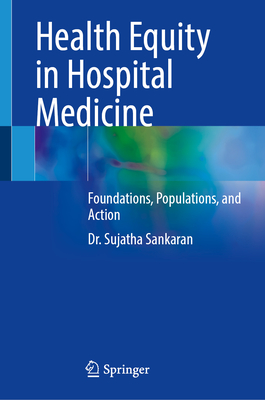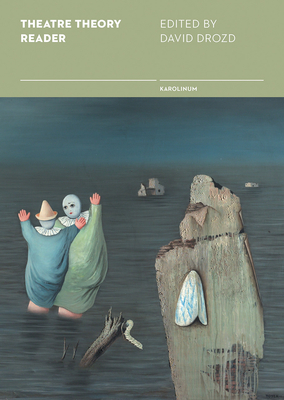
Health Equity in Hospital Medicine
医院医学的健康公平:基础、群体与行动
营养学售 价:
¥
1149.00
发货周期:国外库房发货,通常付款后3-5周到货!
作 者
出版时间
2023年12月08日
装 帧
精装
页 码
154
语 种
英文
综合评分
暂无评分
- 图书详情
- 目次
- 买家须知
- 书评(0)
- 权威书评(0)
图书简介
Hospital-based physicians are privy to some of the most meaningful moments of people’s lives, including life-changing diagnoses, pivotal medical procedures, complex medical decisions, and critical end-of-life decisions. Yet, hospitalists have no framework for how to incorporate the varied social factors that impact care such as race, gender identity, cultural background, immigration status, sexual orientation, primary language, housing status, and poverty into clinical decision-making. As hospital physicians, we may use interpreters for our limited English proficiency patients, or try to incorporate questions about cultural practices into our admission histories, or even ask our patients about the ways in which they feel racism has affected their care, but these practices are inconsistently applied and lack a systematic framework for ensuring that the hospital care we provide is truly equitable.In my own practice as a hospital-based physician, I can recall scores of hospitalized patients where we tried hard to provide equitable care, but fell short. I remember the Spanish-speaking patient with multiple comorbidities who received neurosurgery and was on the road to recovery on an acute care unit, when on day three, he complained of vague abdominal discomfort and ended up dying of a perforated bowel. No interpreter was used by the team to fully delve into the details of the pain he was experiencing. I remember the young Black patient with terminal malignancy who had multiple repeated conversations with physicians recommending hospice care but refused until he saw a physician who was able to explain hospice within the context of racism that has historically defined clinical care for Black people, and was able to present hospice not as a way to hasten death but rather as a way to live the remainder of his days in comfort. I remember the elderly Pakistani female patient whose demanding son antagonized staff and clinicians alike until he was banned from visiting because of his aggressiveness with staff and whose inability to visit his mother caused her extreme distress as she felt that she had lost the unique voice that only her oldest son could provide. Imagine if the hospital physicians in these cases had a resource to help them provide care that is culturally humble, that goes beyond just speaking in the patient’s first language but that also includes active listening and truly takes into consideration the life experiences and culture that have made this patient who they are. This is what this book will provide for hospital medicine physicians, a framework to help hospital physicians deeply incorporate social factors into the care they provide.
本书暂无推荐
本书暂无推荐















